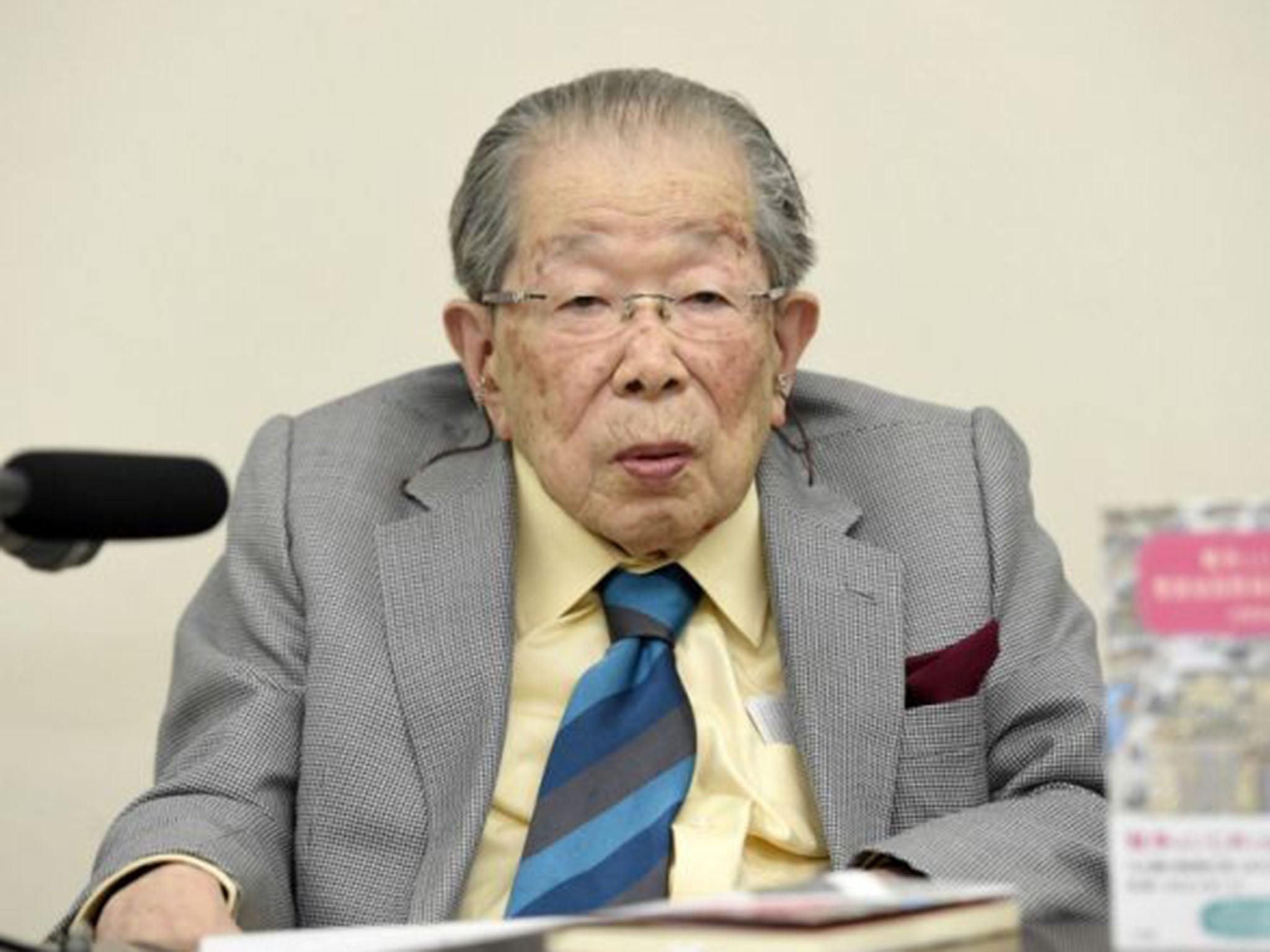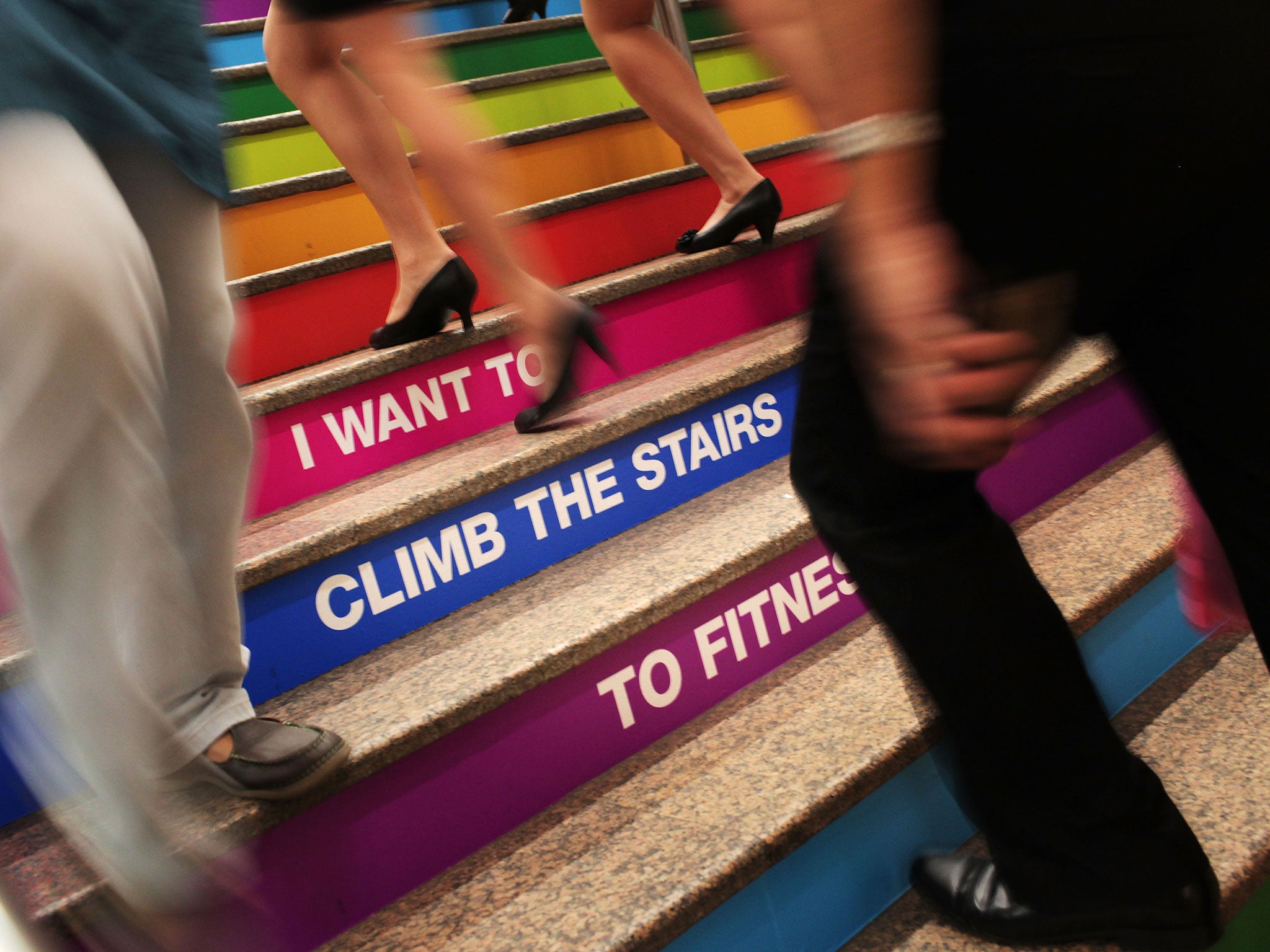A Japanese doctor who studied longevity — and lived to 105 — said if you must retire, do it well after 65

[This article was originally published in 2017]
Dr. Shigeaki Hinohara, credited with building the foundations of Japanese medicine and helping make Japan the world leader in longevity, often practised what he preached.
The physician, chairman emeritus of St. Luke's International University, and honorary president of St. Luke's International Hospital recommended several basic guidelines for living a long, healthy life in an interview with Japan Times journalist Judit Kawaguchi.
Among them: Don't retire. And if you must, retire much later than age 65.
In the interview he explained that the retirement age in Japan was set at 65 years old back when the average life expectancy was 68. Now, people are living much longer — the average life expectancy in Japan as of 2015 was almost 84 years — and so they should be retiring much later in life too.
Until a few months before his death on 18 July in Tokyo, The New York Times reports, Hinohara continued to treat patients, kept an appointment book with space for five more years, and worked up to 18 hours a day. He was 105 years old.
"He believed that life is all about contribution, so he had this incredible drive to help people, to wake up early in the morning and do something wonderful for other people," Kawaguchi, who considered Hinohara her mentor, told the BBC. "This is what was driving him and what kept him living."
"He always had today's goals, tomorrow's, and the next five years'," she said.
Hinohara's other guidelines for living well included:
Worry less about eating well or getting more sleep, and have fun.

"We all remember how as children, when we were having fun, we often forgot to eat or sleep. I believe that we can keep that attitude as adults, too. It's best not to tire the body with too many rules such as lunchtime and bedtime."
If you want to live long, don't be overweight.

"For breakfast I drink coffee, a glass of milk, and some orange juice with a tablespoon of olive oil in it. Olive oil is great for the arteries and keeps my skin healthy. Lunch is milk and a few cookies, or nothing when I am too busy to eat. I never get hungry because I focus on my work. Dinner is veggies, a bit of fish and rice, and, twice a week, 100 grams of lean meat."
Don't blindly follow what your doctor says.

"When a doctor recommends you take a test or have some surgery, ask whether the doctor would suggest that his or her spouse or children go through such a procedure. Contrary to popular belief, doctors can't cure everyone. So why cause unnecessary pain with surgery? I think music and animal therapy can help more than most doctors imagine."
To conquer pain, have fun.

"Pain is mysterious, and having fun is the best way to forget it. If a child has a toothache, and you start playing a game together, he or she immediately forgets the pain. Hospitals must cater to the basic need of patients: We all want to have fun. At St. Luke's we have music and animal therapies, and art classes."
Always take the stairs and carry your own belongings.

"I take two stairs at a time, to get my muscles moving."
Read the original article on Business Insider UK. © 2017. Follow Business Insider UK on Twitter.
Join our commenting forum
Join thought-provoking conversations, follow other Independent readers and see their replies
Comments
Bookmark popover
Removed from bookmarks